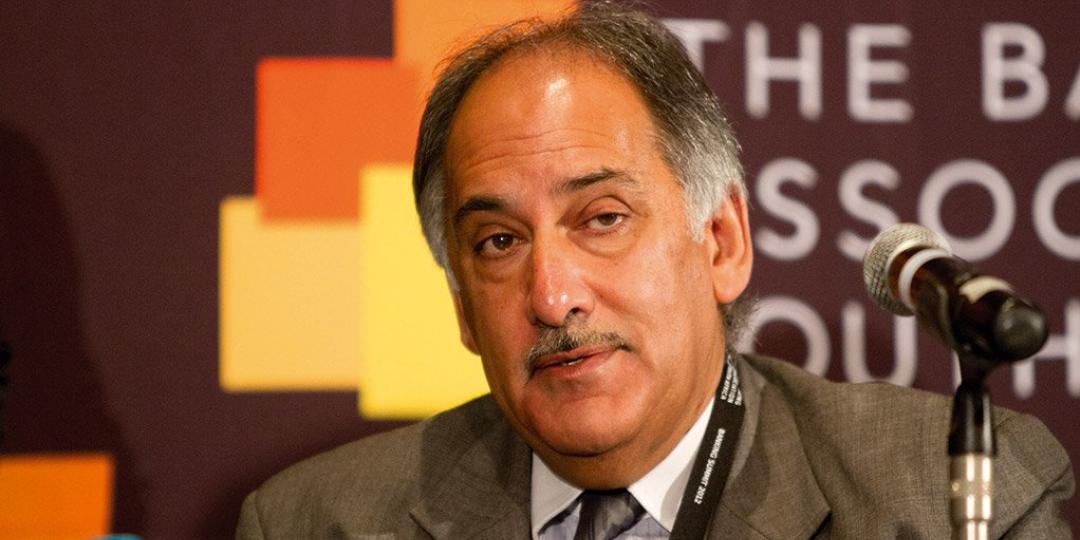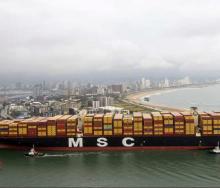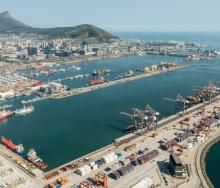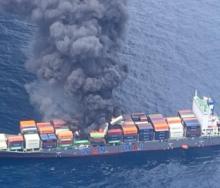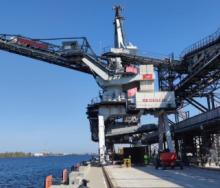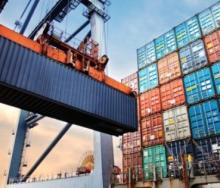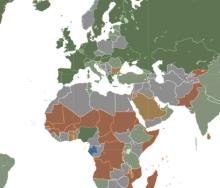Business Unity South Africa (Busa) has criticised the government for implementing a state of disaster and appointing a new electricity minister to tackle load-shedding, saying a lack of leadership has led to the current electricity, logistics, water and security crises highlighted in President Cyril Ramaphosa’s State of the National Address (Sona).
Busa CEO Cas Coovadia, reacting to the Sona, said the country was facing “severe crises across critical economic and social spheres”, including energy, logistics, law and order, water and governance.
“The crises we face today are primarily because of poor governance and lack of decisive leadership, exacerbated by a weak state that is hesitant to work in a real partnership with business, despite several offers by business to support and work with government. The speech provided no detail of how government plans to work with stakeholders such as business, and we expect that the details will be provided in his response to the Sona debate next week,” he said.
Business is concerned that Ramaphosa has described the nation as being defined by hope and resilience and that he said “better late than never” in the context of delays in implementing commitments.
“Our nation should not have to depend on hope and, in the crises we face, we cannot afford to be late in implementation.”
He said business welcomed the government’s energy plan but it should have been announced and implemented four years ago.
“If the embedded energy ceiling had been lifted four years ago, when business called for it, the energy environment would be looking very different today. Despite these delays, business responded positively and urgently and 3.6GW of energy will be on the grid in the next two years from investments in embedded energy.”
Business welcomed Sona’s focus on the energy crisis, but is not convinced that declaring a state of disaster will help address the crisis.
“It must be seen as a low point in the life of our society that mismanagement and lack of governance has created circumstances in which a state of disaster has to be declared. We believe the appointment of a minister for electricity in the office of the president is a bad idea that will add to the confusion and turf wars rather than solve the problem,” Coovadia said.
The move is seen as a failure to take bold decisions, opting instead for the soft but expensive option of adding another ministry rather than holding ministers responsible for the crisis accountable.
“Business is concerned about the potential of a repeat of corruption we saw under the Covid-19 state of disaster, although we welcome the announcement that the auditor-general will oversee use of resources,” he said.
The announcement of rooftop solar panels was welcomed by business, and that provision will be made in the budget speech to incentivise this. Another positive move was the announcement that a structure would be formed for social partners to engage on the energy crisis.
On the issue of unemployment, Coovadia said the problem could only be sustainably tackled by attracting investment and placing the country on an inclusive growth path.
“This requires fundamental reforms in the economy and business has done a lot of work on this, which we are still keen on working with government on. We urge government to demonstrate its commitment to working with other stakeholders in society,” Coovadia said.
Business also welcomed progress on bringing corruptors to trial and the return of more than R7 billion to the state.
“There is a concern that so far, the ringleaders involved in corruption have not been brought to book. We are encouraged that the most vulnerable sectors of society will receive protection through the social wage in the budget and welcome the retention of the Social Relief of Distress Grant,” he said.
However, Sona had not instilled confidence that the structure of government was operating efficiently, and that officials would be held accountable for poor performance.
“Critical focus must be on an enabling environment for investment and growth creation. Everything must be measured against that. Business continues to urge government to work with us to implement quick solutions to these crises,” Coovadia added.
National Employers' Association of South Africa (Neasa) chief executive Gerhard Papenfus said the declaration of a state of disaster which the government had caused was “an indictment of themselves”.
“The same team who systematically, over many years, caused the disaster, will be the team in charge of the recovery. The same ideology, the same hostility towards real private enterprise, the same craving for self-enrichment will still be prevalent in the team,” he said.
“Unless that changes, recovery will remain a struggle. After years of disappointment, we will be naive to give them, once again, the benefit of the doubt.
“Civil society will have to be vigilant to prevent uncontrolled spending, potentially enabled by the state of disaster, from taking place,” he added.
